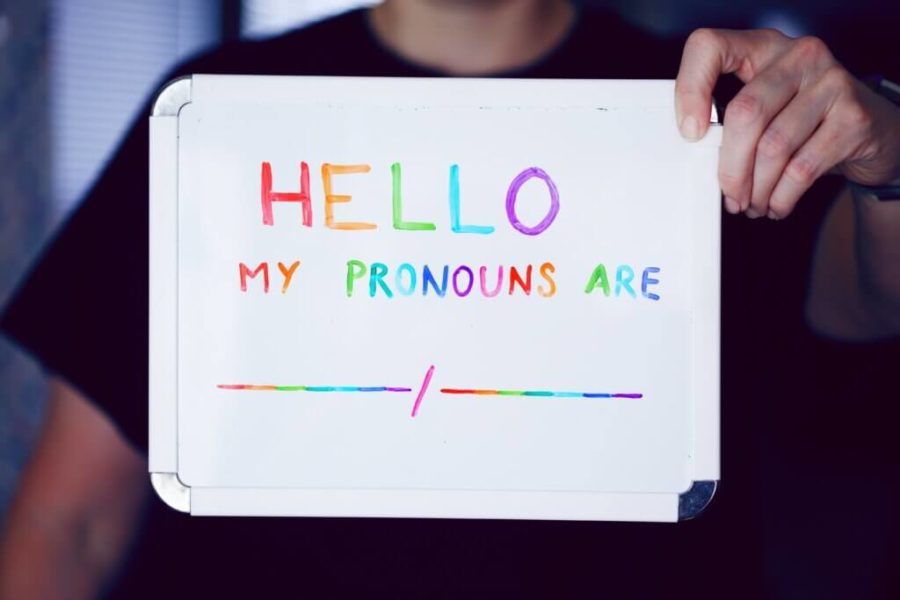Trans Athletes in Women’s Sports
June 6, 2023
Transgender rights and inclusivity have been the head of discussions in recent years. The latest chapter in the ongoing debate centers around the U.S. Trans Athlete Bill. This bill has sent shockwaves through the sporting world leaving athletes, activists, and lawmakers divided on the issue.
The U.S. Trans Athlete Bill can regulate transgender athletes’ participation in school sports by requiring individuals to compete in teams corresponding to their sex assigned at birth rather than their gender identity. Supporters argue that the bill ensures fairness and protects the integrity of women’s sports. They support this with alleged advantages that transgender women may have over women due to physical differences developed during male puberty.
Opponents of the bill argue that it discriminates against transgender individuals and infringes upon their rights. They emphasize the importance and benefits of inclusivity and providing equal opportunities for all athletes, regardless of their gender identity. They also have support for the lack of concrete evidence supporting the claim that transgender women possess an inherent athletic advantage. Even some studies show a decrease in ability after a transition.
The bill’s potential impact on transgender kids has been a pretty sensitive and controversial issue. Trans rights advocates argue that policies like this could lead to increased feelings of exclusion and stigmatization among transgender students. They stress that transgender youth should be allowed to participate in sports in a way that aligns with their gender identity, as it benefits their mental health and gives a sense of belonging.
The bill has ignited debates nationwide, drawing attention from professional athletes, celebrities, and policymakers. The clash between supporters of gender equality and those seeking to preserve the integrity of women’s sports has created a problem for lawmakers. Striking a balance between fairness, inclusivity, and maintaining a level playing field leaves no clear solution to satiate everyone.
While the bill remains controversial, it’s important to listen to the voices of those directly affected by these policies. Communicating together and finding common ground is vital to addressing the concerns of all parties involved. Ultimately, the goal should be to create a sports environment that is fair, inclusive, and respectful of the diverse identities and experiences of all athletes.






























